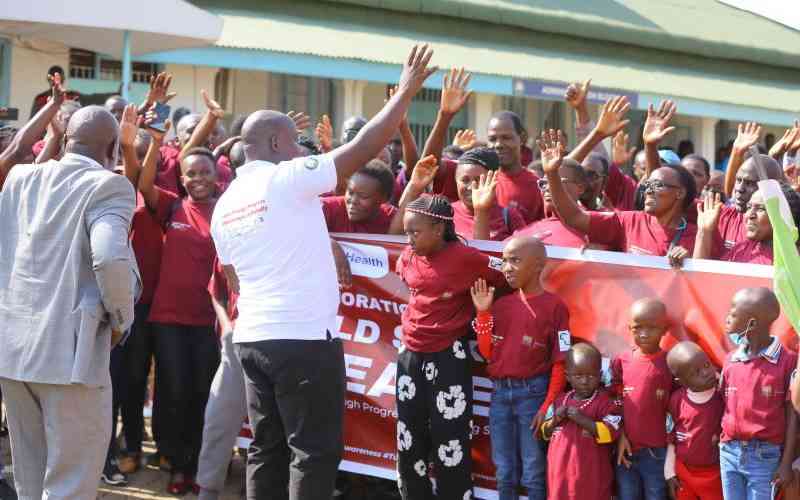Kenya is poised to benefit from a new initiative aimed at improving care for children born with sickle cell disease (SCD), a serious genetic blood disorder that affects thousands of families across the country each year. The program is part of a broader effort targeting sub-Saharan Africa, where the majority of global SCD births occur, and where access to diagnosis and treatment remains limited.
An estimated 14,000 children are born with sickle cell disease annually in Kenya, particularly in the Western, Nyanza, and Coastal regions. Many of these children face poor health outcomes due to late diagnosis and a lack of access to proper medical care. Studies show that between 50 and 90 percent of affected children die in early childhood if not properly diagnosed and treated.
To address these challenges, a community health worker (CHW) initiative is being launched as part of a wider sickle cell disease care and awareness effort. This initiative aims to train CHWs in the diagnosis, education, and coordination of care for SCD patients, especially in rural and underserved areas. The goal is to boost retention in care, reduce complications through early intervention, and promote healthier, longer lives for children living with the disease.
The CHW program builds on the achievements of the Consortium on Newborn Screening in Africa (CONSA), which since 2018 has screened over 140,000 newborns across the continent. However, follow-up care has remained a major hurdle due to various barriers such as stigma, lack of disease awareness, and long distances to health facilities equipped to manage SCD.
To further strengthen outreach, a partnership is working to implement awareness campaigns in three high-prevalence Kenyan counties: Siaya, Homabay, and Kisumu. These campaigns will focus on educating communities about SCD, encouraging health-seeking behaviors, and tackling misconceptions and stigma associated with the disease.
In its early phase, each clinical area within the initiative will deploy five CHWs and receive funding to support essential care activities. Over the next three years, the program will scale up efforts, including cross-country summits for nurse coordinators and CHWs to share insights and enhance care delivery.
With hundreds of thousands of babies affected by SCD annually in Africa and limited availability of primary care providers, this initiative highlights the critical role of community health workers in bridging care gaps and improving patient outcomes.

